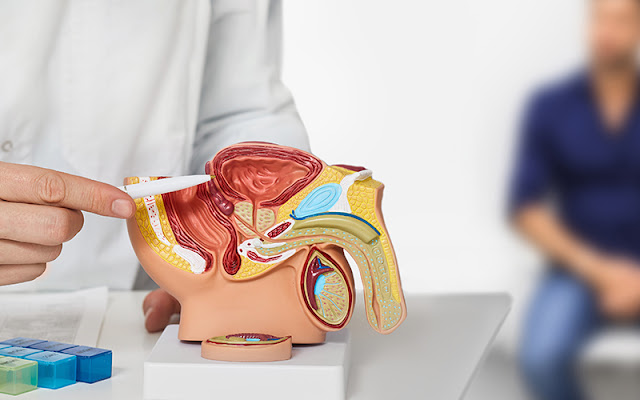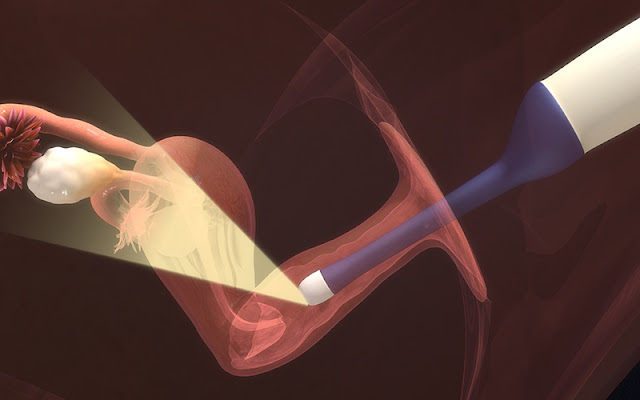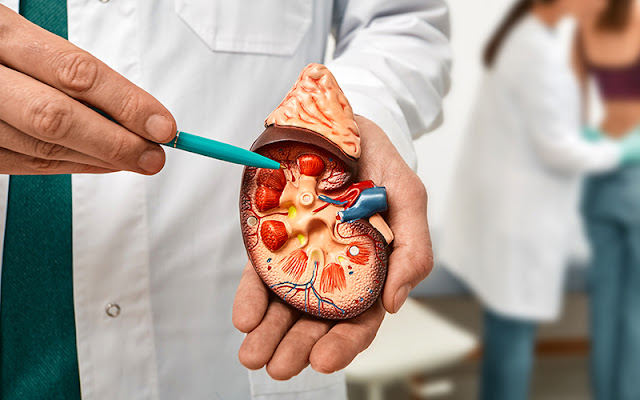A detailed Guide To Male Infertility
Male infertility refers to a man's inability to cause pregnancy in a fertile woman. It can be caused by a variety of factors, including hormonal imbalances, genetic disorders, and lifestyle choices.
There are many potential causes of male infertility, including genetic and environmental factors. Some of the most common causes include:
- Varicocele: This is a condition in which the veins in the testicles become enlarged and twisted, which can lead to a decrease in sperm production and quality.
- Low sperm count: This is a condition in which a man produces too few sperm, which can make it difficult for a couple to conceive.
- Abnormal sperm shape and movement: Sperm that are abnormally shaped or do not move well are less likely to fertilize an egg.
- Ejaculation problems: Some men may have difficulty ejaculating or may not be able to ejaculate at all, which can make it difficult for a couple to conceive.
- Hormonal imbalances: Hormones play a crucial role in sperm production, and imbalances in certain hormones can lead to infertility.
- Environmental factors: Exposure to certain chemicals, toxins, and radiation can decrease sperm production and quality.
- Lifestyle factors: Smoking, alcohol consumption, and the use of certain recreational drugs can all have a negative impact on sperm production and quality.
- Other health conditions: Certain medical conditions, such as diabetes and certain cancers, can also contribute to male infertility.
One of the most common causes of male infertility is a condition called varicocele, which is the swelling of the veins that drain the testicle. This can cause the temperature in the testicles to rise, leading to reduced sperm count and motility. Varicocele can be treated with surgery.
Another common cause of male infertility is a hormonal imbalance. Testosterone, the primary male sex hormone, plays a crucial role in sperm production. Low levels of testosterone can lead to reduced sperm count and motility. Hormonal imbalances can be treated with medication or hormone replacement therapy.
Genetic disorders, such as Klinefelter syndrome and cystic fibrosis, can also cause male infertility. These conditions are often identified during childhood and can be treated with hormone replacement therapy and other medical interventions.
Lifestyle choices, such as smoking, alcohol consumption, and drug use, can also have a negative impact on male fertility. These habits can damage the DNA of sperm, leading to reduced sperm count and motility. In addition, obesity has been linked to lower sperm count and increased risk of infertility.
In order to diagnose male infertility, a doctor will typically perform a physical examination and ask about any symptoms or risk factors. They may also order a semen analysis to evaluate the sperm count, motility, and morphology. Additional tests may include a hormonal analysis, genetic testing, and a testicular biopsy.
Treatment options for male infertility will depend on the underlying cause. Varicocele can be treated with surgery, and hormonal imbalances can be treated with medication or hormone replacement therapy. Genetic disorders and lifestyle choices may also require medical intervention.
In some cases, assisted reproductive technologies (ART) may be necessary to help couples conceive. These include methods such as in vitro fertilization (IVF) and intracytoplasmic sperm injection (ICSI).
It is important for men to take steps to maintain their overall health and well-being in order to improve their chances of fertility. This may include quitting smoking, reducing alcohol consumption, maintaining a healthy weight, and avoiding exposure to toxins.
In conclusion, Male infertility can be caused by a variety of factors, including hormonal imbalances, genetic disorders, and lifestyle choices. A diagnosis may be made through physical examination and semen analysis. Treatment options may include surgery, hormone replacement therapy, and assisted reproductive technologies. Taking steps to maintain overall health can also help improve chances of fertility.




Comments
Post a Comment